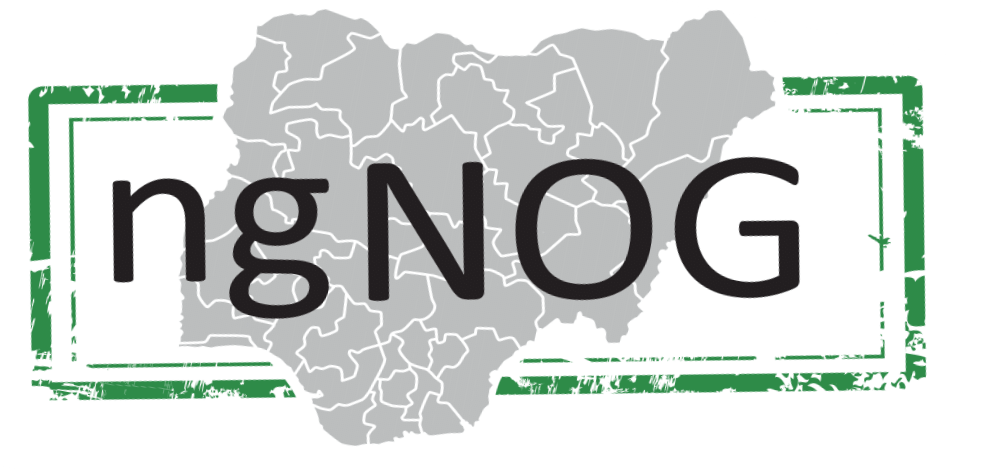As the audience absorbed the essence of routing, Cletus proceeded to dissect the types of routing, distinguishing between Default, Static, and Dynamic routes. A new world opened as participants grasped the significance of these routing methods. But it didn’t stop there. Cletus ventured deeper into the labyrinth of routing protocols, introducing OSPF, IS-IS, EIGRP, and RIB. As attendees navigated this landscape, the Routing Information Base (Routing Table) emerged as a vital tool in directing the flow of data packets in an IP network. The Forwarding Information Base (FIB) was unveiled as the key to IP destination prefix-based switching decisions.
Following this riveting exploration, Obinna Adumike took the stage to unravel the intricacies of MANRS (Mutually Agreed Norms for Routing Security). MANRS, a global initiative supported by the Internet Society, was presented as a comprehensive solution to mitigate common routing threats. Obinna stressed the importance of measuring the effectiveness of MANRS in its four key areas, notably filtering, anti-spoofing, coordination, and global routing information. These measures, he explained, play a pivotal role in enhancing the security and stability of the internet’s routing infrastructure.
The dawn of the second day illuminated the world of the Domain Name System (DNS), thanks to Cletus Okoli’s enlightening presentation. DNS, the linchpin of the internet, was portrayed as a hierarchical naming system that breathes life into domain names, converting them into numerical identifiers. The audience journeyed through the history of DNS, discovering its evolution from the early days of IP addresses to today’s user-friendly domain names. Cletus captivated the room with insights into how DNS servers work and the global distribution of DNS information across interconnected servers. Cletus also revealed the dual nature of DNS services, with Authoritative DNS servers at the beginning and Recursive DNS servers at the end of DNS queries. Each served a distinct role in ensuring a seamless user experience.
The workshop culminated with a profound discussion on DNS security, led by Obinna Adumike and Yazid Akanho. DNS security emerged as a critical facet of internet infrastructure defense, emphasizing the need for redundancy and technologies like DNSSEC. The audience was forewarned about the menacing threats of DoS, DDoS, and DNS Amplification attacks, capable of rendering websites unreachable by flooding networks with malicious traffic. The mechanics of DNS amplification, which allows attackers to magnify their operations, were laid bare. Attendees were also made aware of the treacherous landscape of DNS Spoofing, DNS Tunneling, and DNS Hijacking. These malicious tactics aimed to divert traffic to malicious domains, distribute viruses, and steal login credentials.
As the curtains fell on the 2023 ngNOG workshop with about 20 attendees, a sense of empowerment and responsibility lingered in the air. The event had successfully untangled the intricacies of routing, network security, and DNS, leaving participants with a deeper understanding of the digital world that shapes our lives. The knowledge shared and connections forged during ngNOG23 will continue to resonate in the Nigerian ICT landscape, furthering the cause of network infrastructure, connectivity, and digital transformation. This workshop was not just an event; it was a stepping stone in the ongoing journey to secure and enhance Nigeria’s place in the global ICT community. The ngNOG spirit lives on, and as we part ways, we carry with us the torch of progress, ready to illuminate the future of networking in Nigeria
